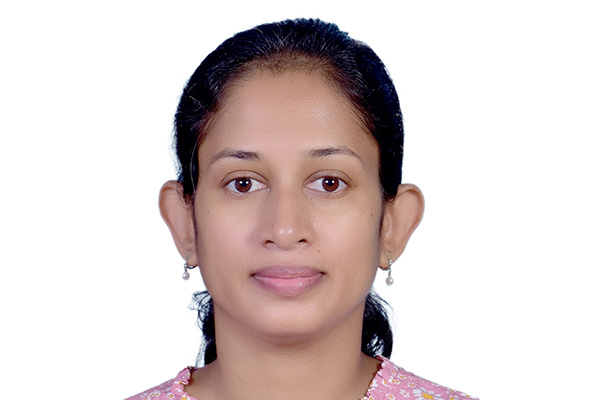Current research project
Comparative Life Cycle Assessment of Commodity Production; Identifying Opportunities for Sustainable Productivity Growth Across the Agri-Food Chain- Funded by Department for Environment Food and Rural Affairs (Defra)
This project updates previous research commissioned by Defra to produce a series of life cycle assessments (LCAs) for a range of selected commodities, covering respectively i) domestic (UK) production systems, ii) alternative production systems, iii) substitutable imports, and iv) the incorporation of viable technologies to mitigate a particular environmental impact. Therefore, this project provides an opportunity to apply the latest expertise from LCA to inform a diverse policy landscape, including trade and environmental policy.
Previous research projects
1. Overview of Agro-Waste Management in Sri Lanka: A Guide Toward Resource Circular Economy – Funded by Sri Lanka Technological Campus Responsive Research Seed Grant 2022
The current situation of agricultural waste in Sri Lanka is unclear as few studies have been conducted.
Although a wide range of agricultural wastes are generated in Sri Lanka, there is limited understanding of agricultural waste management in terms of actual availability and potential sources of agricultural waste generation. Therefore, this project aims to understand the waste generation, characteristics, disposal and management strategies, problems and opportunities in different sectors of agriculture and agriculture related industries.
2. Material Flow Analysis and Life Cycle Assessment of Solid Waste Management in Chulalongkorn University Centenary Park -Funded by Ratchadapisek Somphot Fund 2019, Chulalongkorn University, Thailand (Post- doc)
Urban green spaces are becoming increasingly important in any developed or developing city due to increasing urbanization and to maintain a healthy population and economy, such as in Bangkok, Thailand. The maintenance and activities of the users of these urban green spaces generate a significant amount of solid waste, which is a major contributor to the increasing generation of municipal solid waste. Chulalongkorn University's Centenary Park provides space for a variety of users to engage in a wide range of activities. Because it is a recently constructed park, increasing attention has been paid to sustainable maintenance requirements. For that, the mass flow and environmental performance of the park's waste management system were assessed using tools such as material flow analysis (MFA) and life cycle analysis (LCA).
3. Biodiesel Production from Waste Palm Oil using Waste Biomass derived Solid Acid Catalysts (PhD thesis)
Dr. Indika's doctoral thesis was on the production of biodiesel from biomass waste. The production of biodiesel from waste palm oil (WPO) can provide alternative energy while reducing the problems associated with the disposal of WPO. In addition, the use of solid acid catalysts (SACs) from waste biomass for biodiesel production makes the whole process more economical and sustainable. In this study, the desired carbon-based SACs are synthesized from empty palm fruit bunch (PEFB), coconut meal residue (CMR), and coconut coir shell (CCH) waste biomass synthesized using two simple protocols: direct, one-step, concentrated H2SO4 carbonization (DS) and sulfonation of incompletely carbonized biomass (BCS). The results show that PEFB, CMR, and CCH can be used as waste biomass for SAC synthesis and sustainable biodiesel production.






